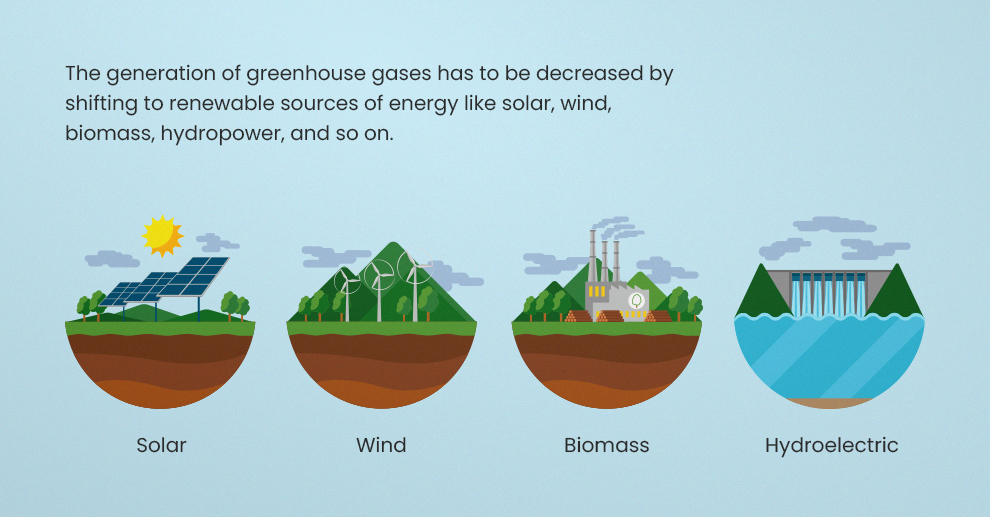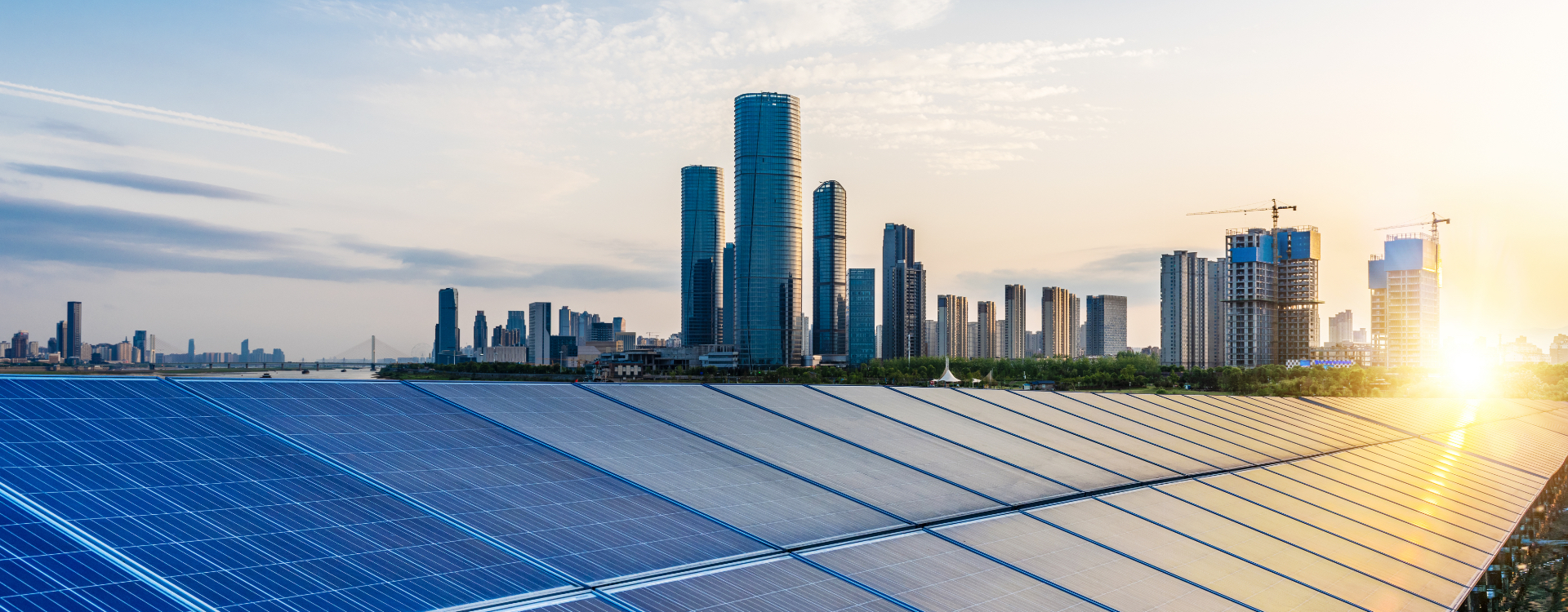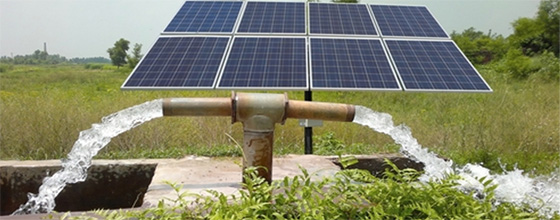The world is reeling under the climate change phenomenon witnessing changes in temperatures, with significant negative impacts on humans and the environment. A major consequence of rising global temperature is the increasing frequency of extreme weather events that have caused a massive amount of harm and damage.
Excessive dependence on fossil fuel is one of the major contributors to the dawning epidemic of climate change. Fossil fuels release greenhouse gases, that trap heat in the earth’s atmosphere thereby leading to what we know as global warming.
The Current Climate Scenario and Forecast for the Future
-
As per a report by IIT-G, based on a study on sequential extremes of weather for the period of 1951 to 2020, the occurrences of sequential extremes have been projected to rise manifold in India, owing to climate change.
-
As per the report, mega heatwaves that occurred in India during the summers of 1995 and 1998 affected almost 8-20% of the population. Going forward, if the global mean temperatures were to rise above 1.5 degrees Celsius from the pre-industrial levels, a fraction of the population and urban area exposed will increase significantly.
-
Sea levels have risen globally because of the melting of ice at the poles and the thermal expansion of ocean water. Sea level rise in the Indian Ocean has accelerated to 3.3mm per year in the period from 1993 – 2017. At this rate, major coastal area faces the threat of submerging under ocean water, requiring a major mobilization of the population.
-
Floods and cloudbursts have become common during the monsoon. Occurrences of cloud bursts in Uttarakhand and Himachal in particular have increased drastically which has been linked to the rise in temperature in the sub-Himalayan terrain.
-
Going by the global hurricane data, occurrences of category 4 and 5 hurricanes in the world, has almost doubled in duration between 1975 to 2004.
Researchers have noted that at the current rate of change, the earth’s atmosphere can become a difficult place for many species by the end of the 21st century. Initiatives to mitigate climate change and effective measures to decrease the vulnerability can help in reducing the risks to the population.
Mitigating the Effects of Climate Change by a Strategic shift to Renewable Fuels

To mitigate the effects of climate change, we need to work on eliminating the key causes of the phenomenon. The generation of greenhouse gases has to be decreased by shifting to renewable sources of energy like solar, wind, biomass, hydropower, and so on. Almost 80% of the global population lives in countries that are net importers of fossil fuels. Whereas renewable energy sources are available in all these countries in one form or another. Hence shifting to renewable energy sources can help in slowing down the fast deteriorating climate situation.
-
Every unit of solar energy consumed prevents 0.7 Kg of carbon dioxide emissions. In other terms, the installation of 1 KWp solar plant is equivalent to planting two trees in terms of carbon sequestration.
-
By global estimates, if the country’s targets are met, renewable energy is set to account for almost 95% of the increase in global power capacity by 2026. Solar is expected to contribute more than half of the estimate.
-
It is estimated that by 2026, the global renewable energy capacity will rise by 60% from the 2020 levels to around 4800 GW, which is equivalent to the current total capacity of global power generated from fossil fuels; nuclear combined.
-
Renewable energy costs are becoming the cheaper energy options in most parts of the world today. The cost of solar power fell by almost 85% between 2012 and 2022, while that of wind energy fell by almost 56% in the same period.
Looking at the trends in actual project execution, the growth in renewable energy looks very encouraging and is set to increase globally as compared to 2015-2020 period. To be able to mitigate the effects of climate change effectively, the world needs to focus on faster adoption and deployment of renewable energy sources. Governments have been taking measures to promote adoption by making policies to incentivize migration from traditional energy sources.
For more information about government programmes for solar in your region get in touch with our experts.
About LUBI Electronics
LUBI Electronics is a leading company in India, exhibiting expertise in the automation, solar, and control panel industry.
Our solar offerings include best-in-class solar modules, solar pumps, solar pump controllers and solar inverters.
For more information on our offerings, please reach out to us at lubi@lubielectronics.com.












